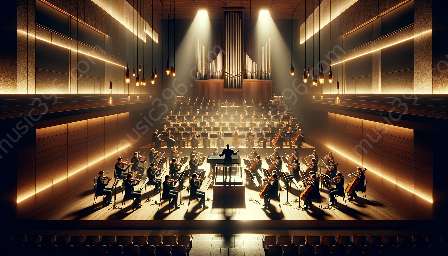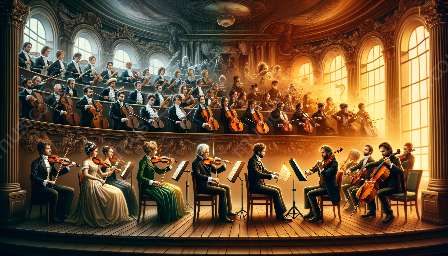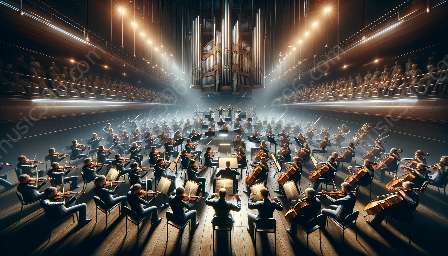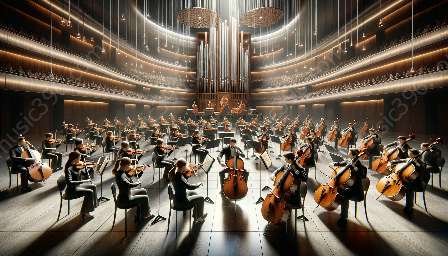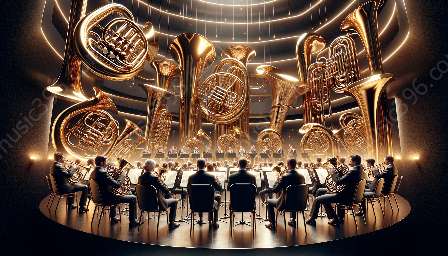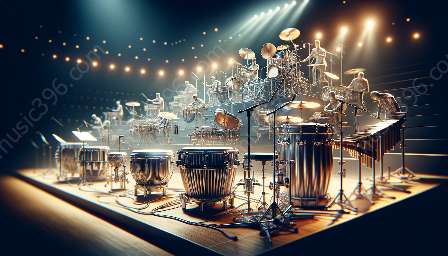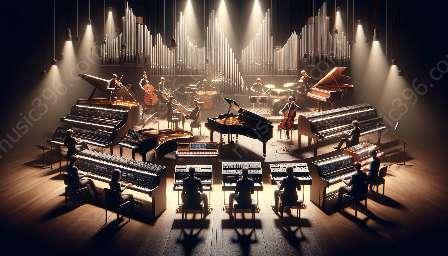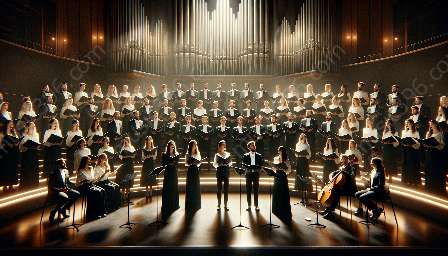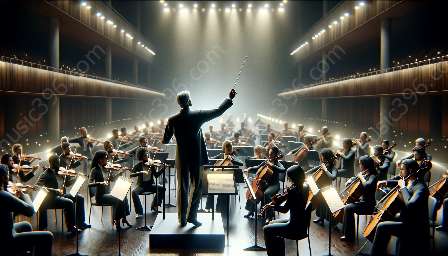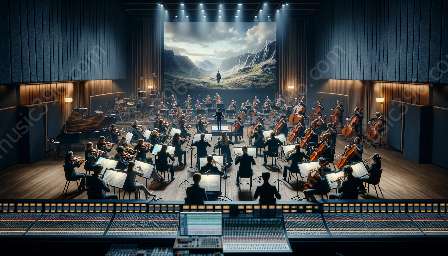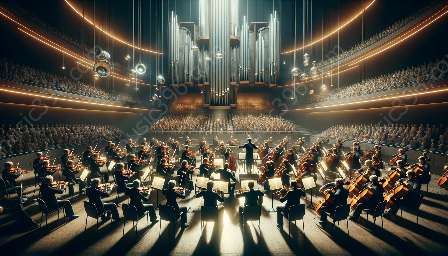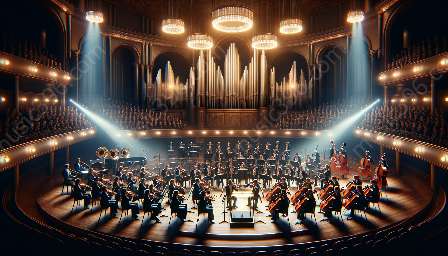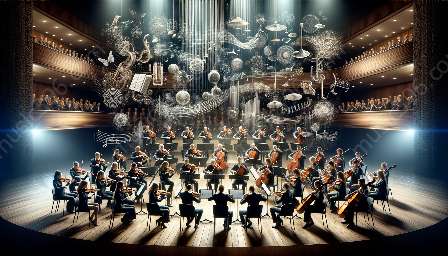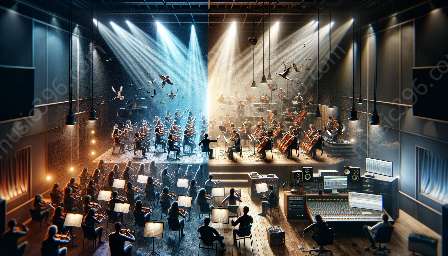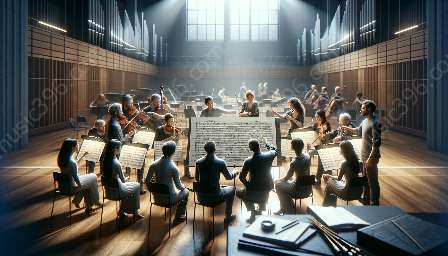Orchestral composition and music psychology are intertwined in the world of music, and understanding their connection is essential for composers and musicians. In this comprehensive topic cluster, we explore the art of orchestral composition, the impact of music psychology, and the intricate practices of orchestration and notation.
The Art of Orchestral Composition
Orchestral composition is the art of writing music for orchestral ensembles, involving the arrangement of musical elements such as melody, harmony, rhythm, and form. Composers utilize various techniques to create compelling and evocative compositions, drawing inspiration from diverse sources including emotions, nature, and personal experiences.
Understanding Music Psychology
Music psychology delves into the cognitive, emotional, and social aspects of music, exploring how it impacts human behavior, emotions, and perception. Composers can harness the principles of music psychology to create compositions that resonate with audiences on a profound level, utilizing techniques such as tension and release, emotional dynamics, and cultural influences.
The Connection Between Orchestral Composition and Music Psychology
There is a symbiotic relationship between orchestral composition and music psychology, as composers often draw upon psychological principles to elicit specific emotional responses in their compositions. Understanding the psychological impact of music empowers composers to craft pieces that transcend mere notes and rhythms, connecting with listeners on a visceral level.
Exploring Orchestration and Notation
Orchestration is the art of arranging musical compositions for orchestral ensembles, meticulously choosing instruments and their respective roles to create a cohesive and impactful sound. Composers delve into the intricate nuances of orchestration, considering timbre, range, and dynamics to bring their musical visions to life.
Notation plays a crucial role in preserving and communicating orchestral compositions, serving as a universal language for musicians to interpret and perform complex musical scores. Understanding notation enables composers to express their musical ideas with precision, clarity, and artistic intent.




